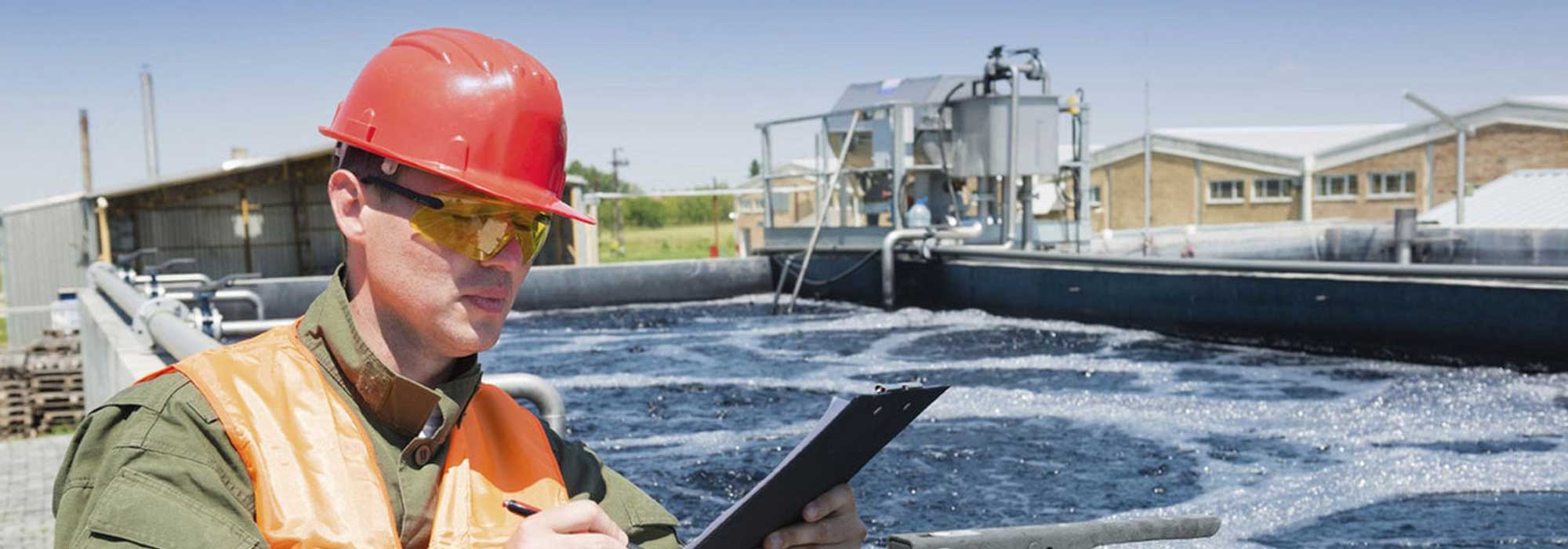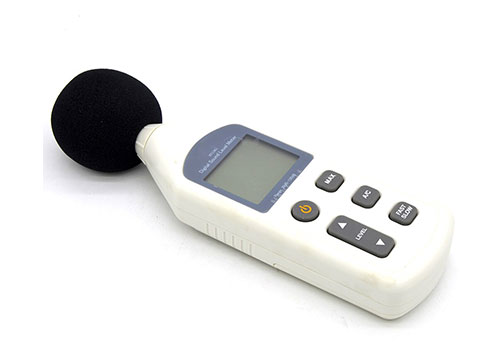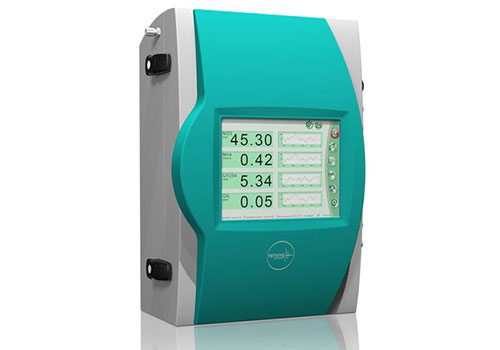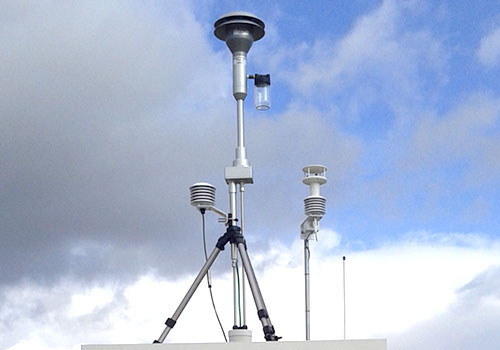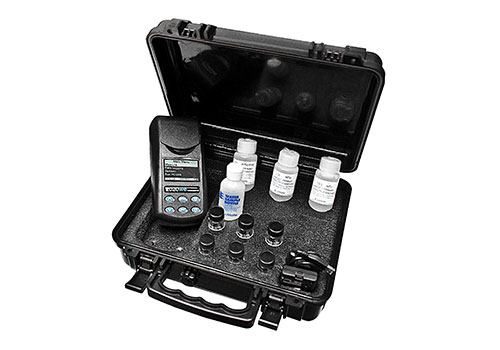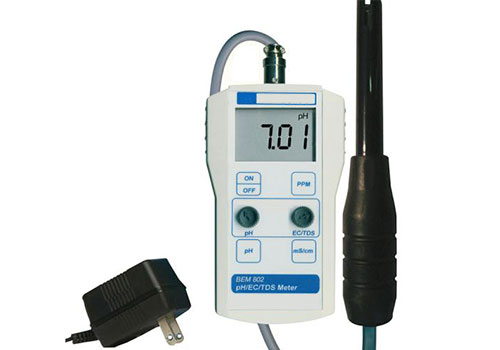Pollution Monitoring Devices
Now a day, water is considered as one of the scarcest natural resources on our planet. It is important to humankind, animals, plants and every living being. Depending on the quality of water, it may either be a source of life and good health or a source of diseases and deaths. The growing environmental degradation in recent years brought about by development, population increase and climate change increases the need for researchers to look into its negative impact in the environment, especially in water sources and its implication. Increasing water pollution in oceans, lake, and river triggers worldwide demand more advanced methods in environmental monitoring systems particularly in the field of water quality monitoring. Moreover, developing countries rely on the conventional methods of collecting water samples and water analysis. Due to lack of technical know-how and a huge amount in the initial investment, water analyses are usually done through conventional procedures or by using portable testers which are not only expensive and laborious but also lack the capabilities for real-time data acquisition, analyses and fast dissemination of gathered information which are crucial and essentials for effective water quality monitoring endeavor.
Wired Network Sensors are suitable for monitoring physical and chemical water characteristics in remote areas at lower cost and reduce manpower requirement.They can be utilized for water quality monitoring, which presents many advantages like its portabilityand near real-time data acquisition and data logging capability. It has gained popularity among the research community ranging from environmentalist to embedded systems community. However, the applications for aquatic area are far more challenging activities compared to the land-based applications due to its electronic components, which has zero tolerance to water or even moisture intrusion.
Network based applications for environmental monitoring have been implemented for applications such as water quality monitoring, water chemical monitoring, hydrodynamic performance monitoring, irrigation and agriculture.
Applications of Automatic Water Quality Monitoring Systems
The technology of Internet of Things has enabled the creation of smart water quality monitoring solutions that are evolving the modus operandi of different industries. Below is a list of some sector that can benefit from the implementation of these systems:
-
Water Utilities:
Water suppliers and utilities need to ensure the supply of nutrient-rich water that the consumers can use for drinking and other purposes. By implementing on line water measuring technology the utilities can monitor the quality of the distributed water in overhead tanks and even in pipelines. -
Agriculture:
Optimum water quality is a pre-requisite for high yield of crop production. Based on the crop to be cultivated, the sensors and probes can be used to identify impurities that can hamper its growth. This will help farmers to enhance their irrigation practices and ensure a high yield of healthy crops. -
Aquaculture:
Aquaculture refers to the breeding of aquatic organisms like fishes, under a controlled environment. Quality of water plays an essential role in facilitating the growth of healthy fishes and crustaceans in large numbers so that they can be used as a livestock. -
Research Facilities and Laboratories:
Laboratories and research facilities require near 100% pure or distilled water to conduct conclusive experiments. Water with low pH and suspended particles is hence required for determining accurate and reliable results. Because of wireless measurement of water quality parameters, laboratories and test sites can conduct experiments without worrying about errors caused due to the presence of impurities. -
Wastewater Treatment:
Wastewater generated is to be treated and managed before it is discharged into a freshwater body. Parameters like temperature, turbidity, and TDS are hence to be monitored to make sure that the water is treated properly before it is secreted. Smart water quality monitoring system using optimizethe inspection processes and hence reduce the need for manual interference. -
Manufacturing Units:
Production and manufacturing-based companies often discharge chemicals and other harmful fluids in rivers. Strict regulations are hence imposed on them to make sure that no harm is made to the aquatic life. Factories can hence use real-time water quality monitoring to make sure that compliance is conformed as per the imposed regulations.
